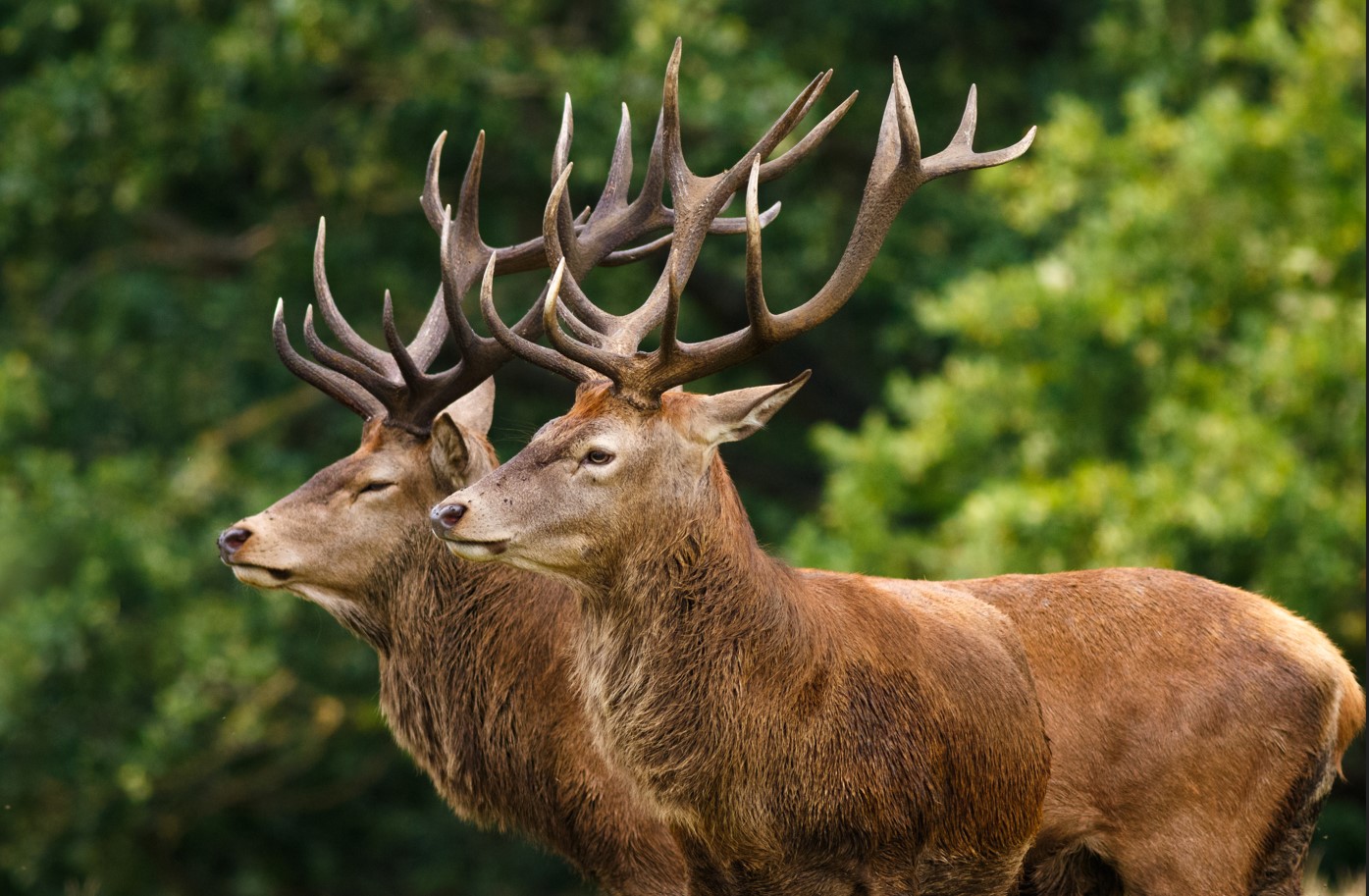Importance of hygiene for mammals
Hygiene plays a vital role in the overall well-being of mammals. By keeping their bodies clean, mammals can prevent the accumulation of dirt, parasites, and harmful bacteria that may cause infections or diseases. Regular cleaning also helps maintain healthy skin, fur, and feathers, which protect against external elements. Additionally, grooming behaviours stimulate blood circulation and promote the secretion of natural oils, contributing to the health and lustre of an animal's coat.
Cleaning behaviours of primates
Primates, including our closest relatives, exhibit fascinating cleaning behaviours . One of the primates' most well-known grooming habits is mutual grooming or allogrooming. This behaviour involves individuals grooming each other's fur to remove dirt and parasites and strengthen social bonds within the group. Allogrooming is particularly prevalent among primates that live in complex social structures, such as chimpanzees and bonobos.
Another interesting cleaning behaviour observed in primates is self-grooming. Primates meticulously clean their fur using their hands or specialized grooming tools, such as teeth or claws. This behaviour serves not only to remove debris but also to maintain body temperature regulation. Furthermore, self-grooming acts as a form of self-soothing and stress relief, helping primates to relax and maintain emotional well-being.
Grooming habits of carnivorous mammals
Carnivorous mammals have unique cleaning behaviours, which are crucial for survival in the wild. These mammals, such as lions, tigers, and wolves, often use self-grooming to remove blood and debris from their fur after a hunt. This behaviour helps them maintain cleanliness and reduces the risk of attracting unwanted attention from potential predators.
In addition to self-grooming, carnivorous mammals utilize grooming behaviours for social bonding. Pack animals like wolves often engage in social grooming to reinforce social hierarchy and strengthen the group's unity. This behaviour involves one individual grooming another, thereby promoting cooperation and solidarity within the pack.
Bathing and self-cleaning behaviours in herbivorous mammals
Herbivorous mammals have their unique methods of maintaining cleanliness. Some herbivores, like elephants and rhinoceroses, take frequent mud baths to protect their skin from sunburn and insect bites. The mud acts as a natural sunscreen and insect repellent while also cooling hot climates. After the mud dries, these mammals use their rough hides to rub and scrape off the dried mud, effectively cleaning their skin.
Other herbivorous mammals, such as deer and giraffes, engage in self-cleaning behaviours through grooming their fur using their tongues. They lick their fur to remove dirt, parasites, and loose hair. This behaviour helps maintain cleanliness and allows these mammals to distribute natural oils throughout their fur, providing better insulation and waterproofing.
Unique cleaning behaviours in marine mammals
Marine mammals, including seals, dolphins, and whales, have adapted to life in the water and possess unique cleaning behaviours suited to their aquatic environment. For instance, seals and sea lions engage in an interesting behavior known as "bottling." This behavior involves the mammals floating vertically in the water, with only their heads visible. By doing so, they expose their heads and necks to the air, allowing them to clean these areas and remove any debris or parasites.
On the other hand, Dolphins engage in a behaviour called "bow-riding." This behavior involves dolphins riding the bow waves created by boats or ships. While bow-riding, dolphins often leap out of the water, a behaviour known as "porpoising." This leaping action helps to shed dead skin cells and remove parasites, ensuring their skin remains clean and healthy.
Comparative analysis of cleaning behaviours across mammalian species
When comparing cleaning behaviours across mammalian species, certain patterns and similarities emerge. Many mammals, regardless of their habitats or diets, engage in some form of cleaning behavior, whether it is allogrooming, self-grooming, or specific bathing rituals. This suggests that cleanliness is an innate and adaptive behavior that has evolved to serve specific functions in different environments.
Additionally, the complexity and frequency of grooming behaviours often correlate with the social structure of a mammalian species. Animals that live in large social groups, such as primates and carnivores, tend to exhibit more elaborate grooming behaviours to foster social bonds and maintain group cohesion. Conversely, solitary mammals may rely more on self-grooming to maintain cleanliness and health.
Evolutionary significance of hygiene in mammals
The hygiene behaviours observed in mammals have significant evolutionary implications. M mammals can remove parasites and maintain physical health through grooming and cleaning behaviours. This, in turn, improves their chances of survival and reproductive success. Moreover, grooming behaviours play a crucial role in social bonding and communication within mammalian groups, contributing to the overall stability and cooperation of the species.
Human perspective on animal hygiene
As humans, we often marvel at the intricate cleaning behaviours exhibited by mammals. We can learn valuable lessons from these behaviours and apply them to our own lives. Observing how animals maintain cleanliness and hygiene can inspire us to develop better personal hygiene habits, which are essential for our own health and well-being. Furthermore, understanding the evolutionary significance of hygiene in mammals can deepen our appreciation for the interconnectedness of all living beings.
Conclusion: The fascinating world of mammalian cleaning behaviours
The study of mammalian cleaning behaviours reveals a captivating world of diverse habits and intricate rituals. From primates engaging in mutual grooming to herbivorous mammals taking mud baths, each species has evolved unique ways of maintaining cleanliness. These behaviours not only remove dirt and parasites but also promote social bonding, regulate body temperature, and improve overall health. By exploring the hygienic habits of mammals, we gain a deeper understanding of the complex and intricate web of life in the animal kingdom.
If you're in search of top-notch eco-friendly cleaning supplies that are both eco-friendly and biodegradable, then Genesis Supplies is the perfect solution! As a well-known distributor throughout North America, we have established partnerships with numerous companies specializing in environmentally conscious cleaning products within the United States and Canada. Our commercial cleaning products merchandise collection is vast and includes everything necessary for your restaurant, hotel, or office. We assure you that our products will meet and exceed your expectations. Waste no time and come visit us today to acquire the finest selection of green cleaning supplies on the market!



